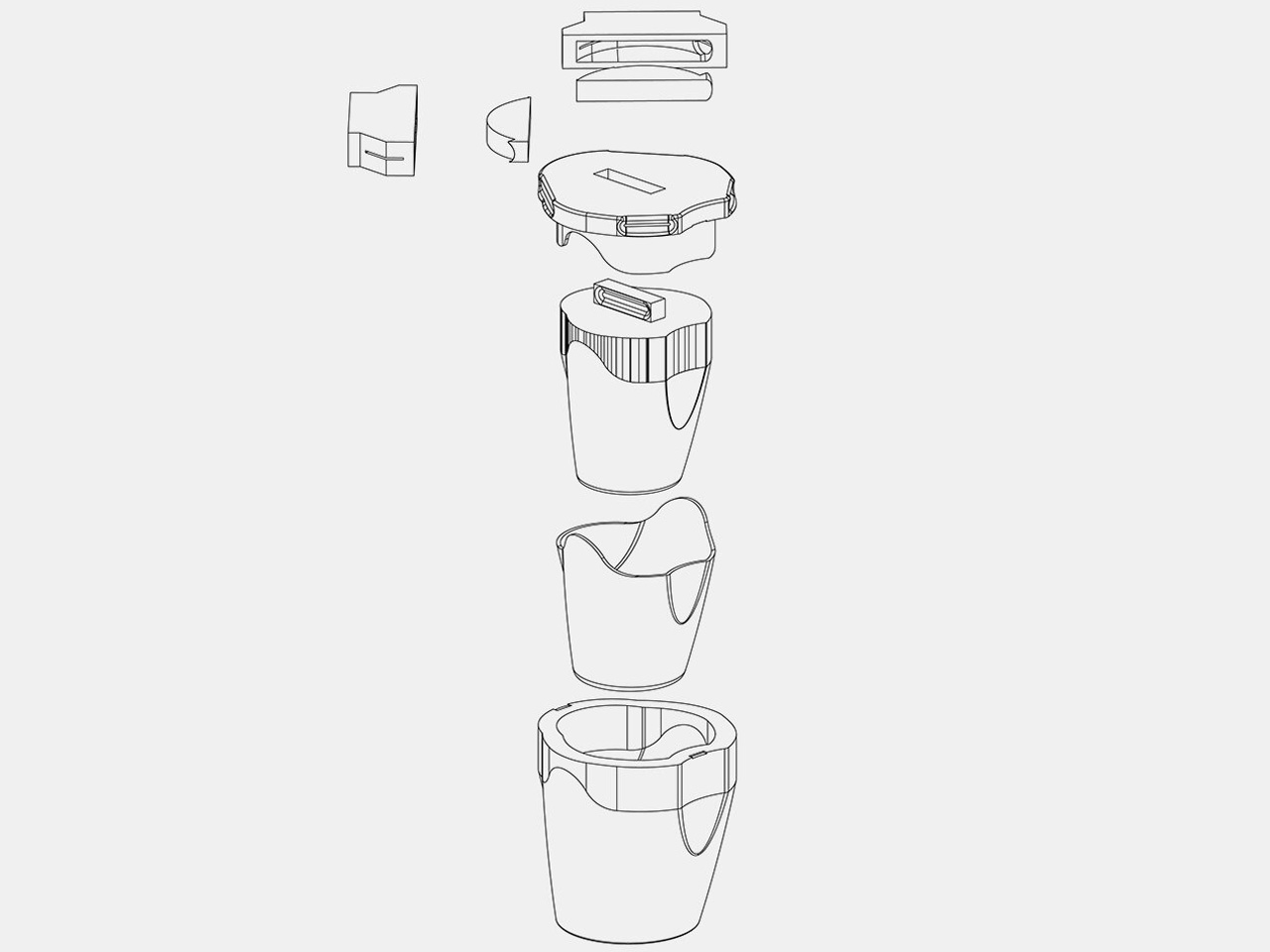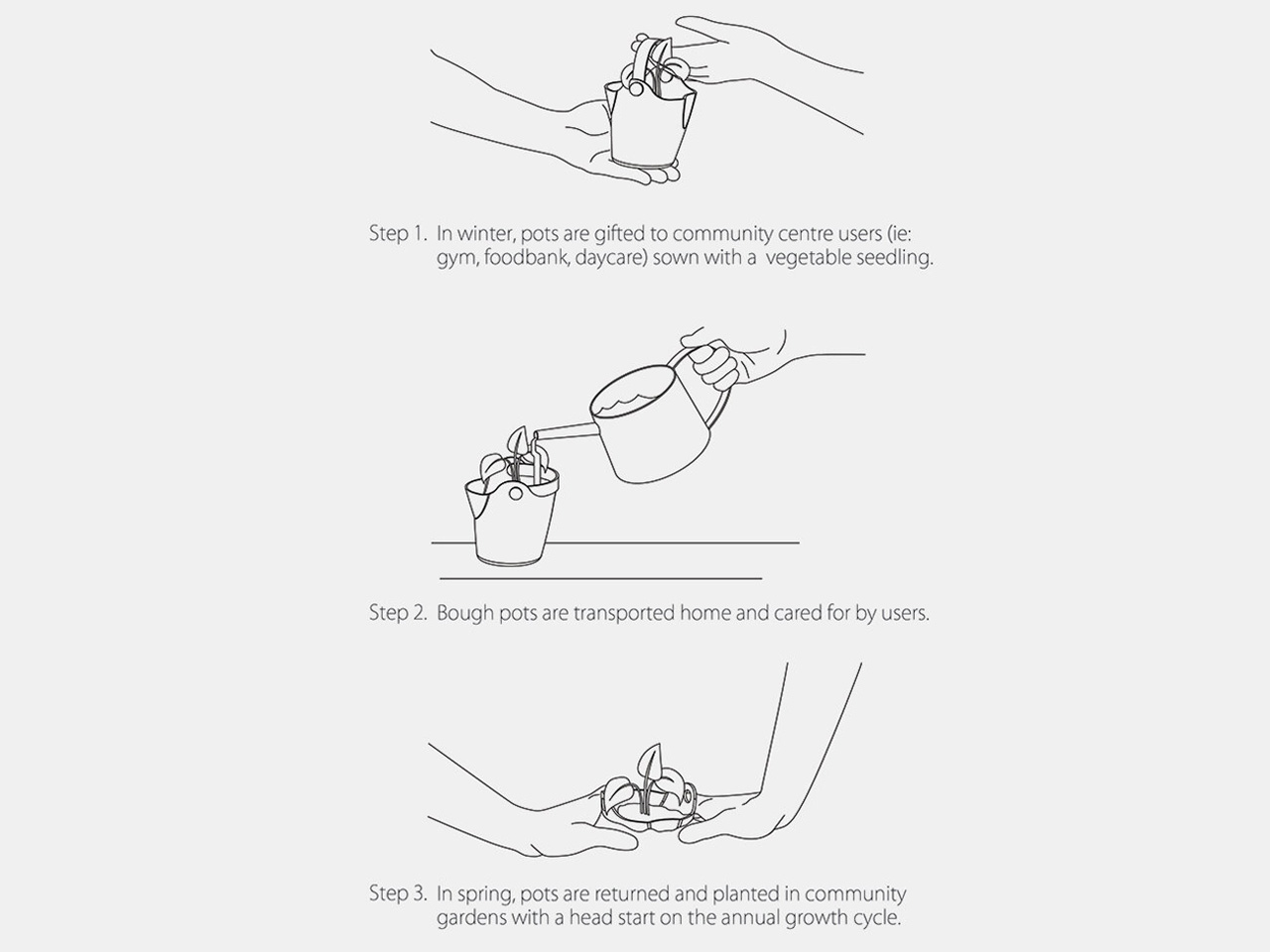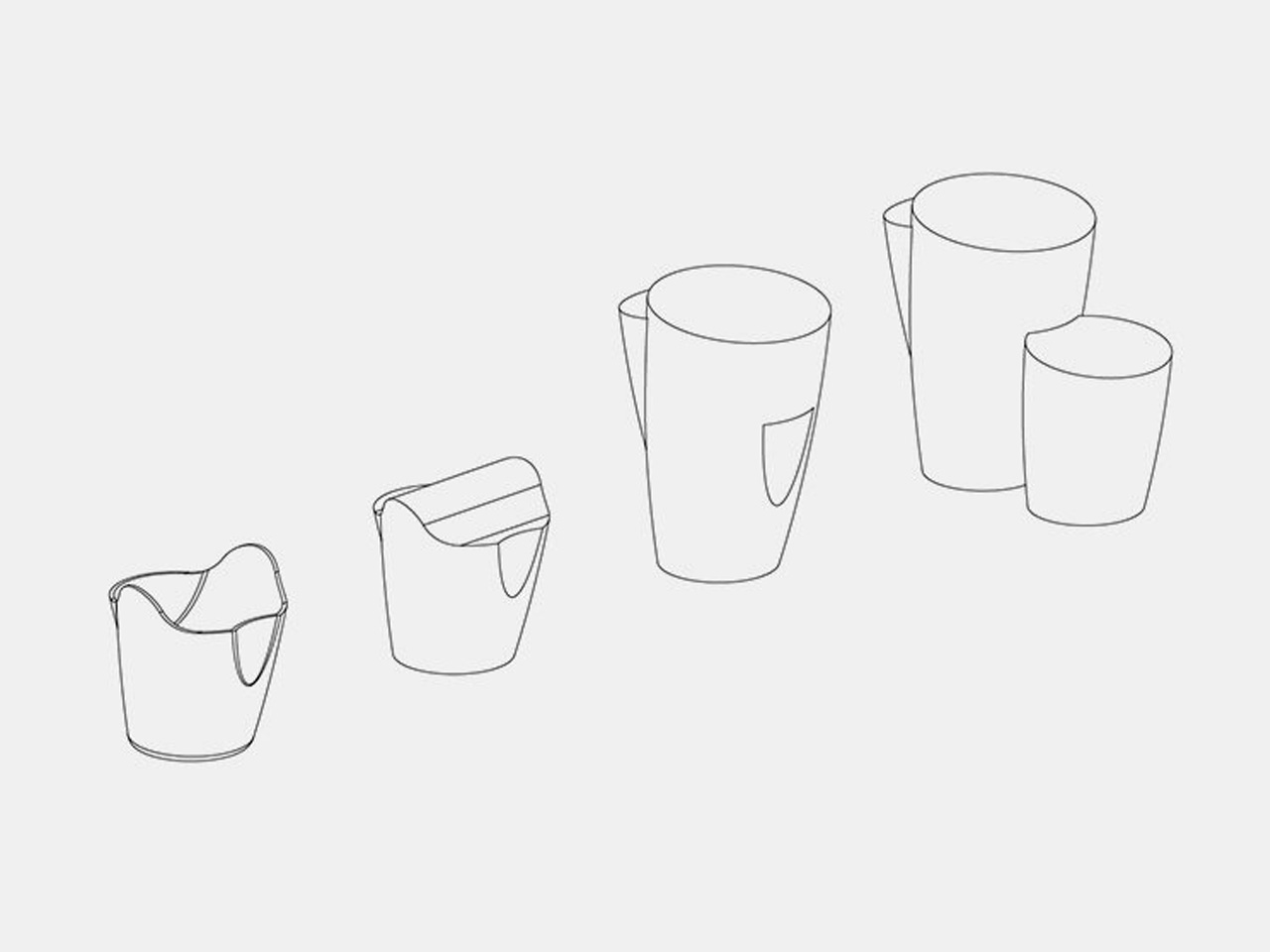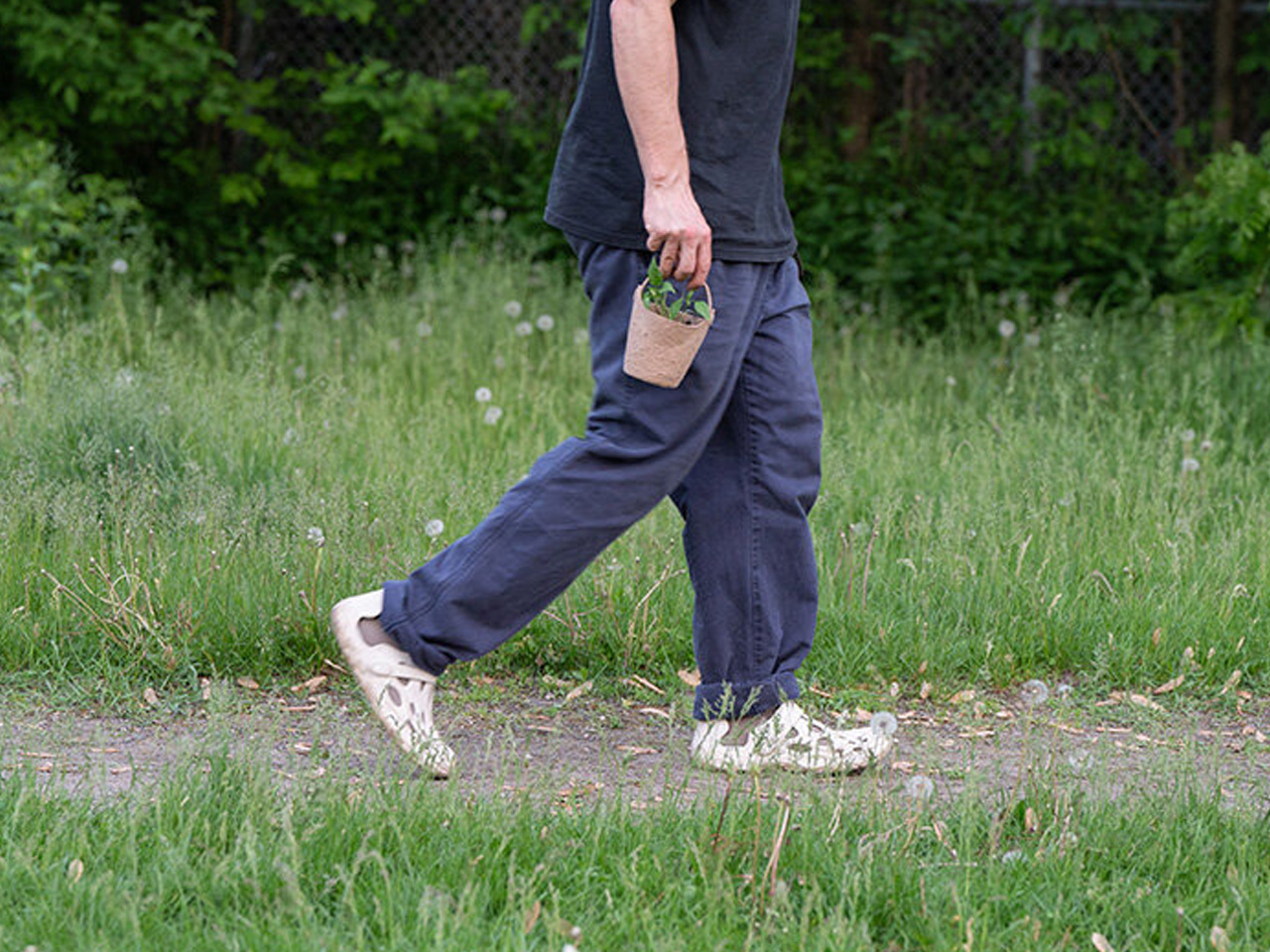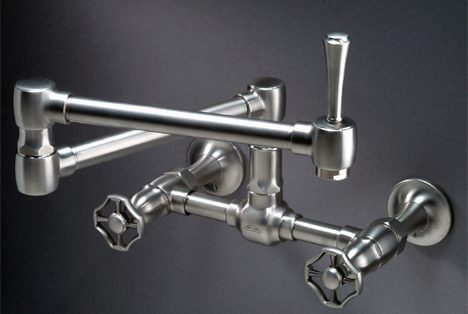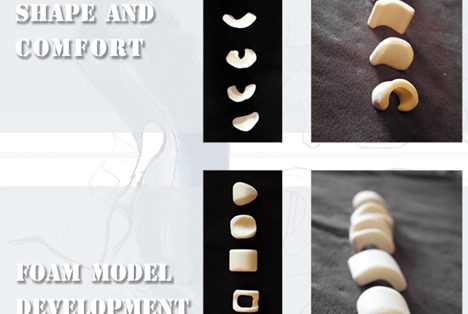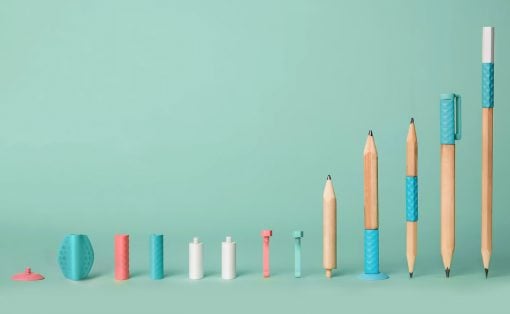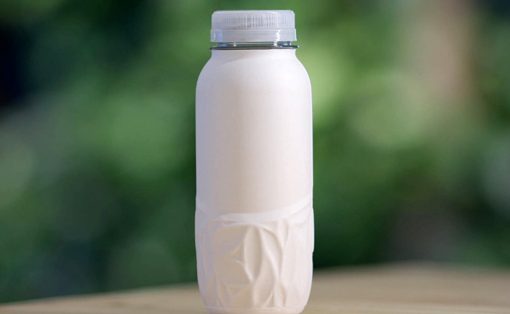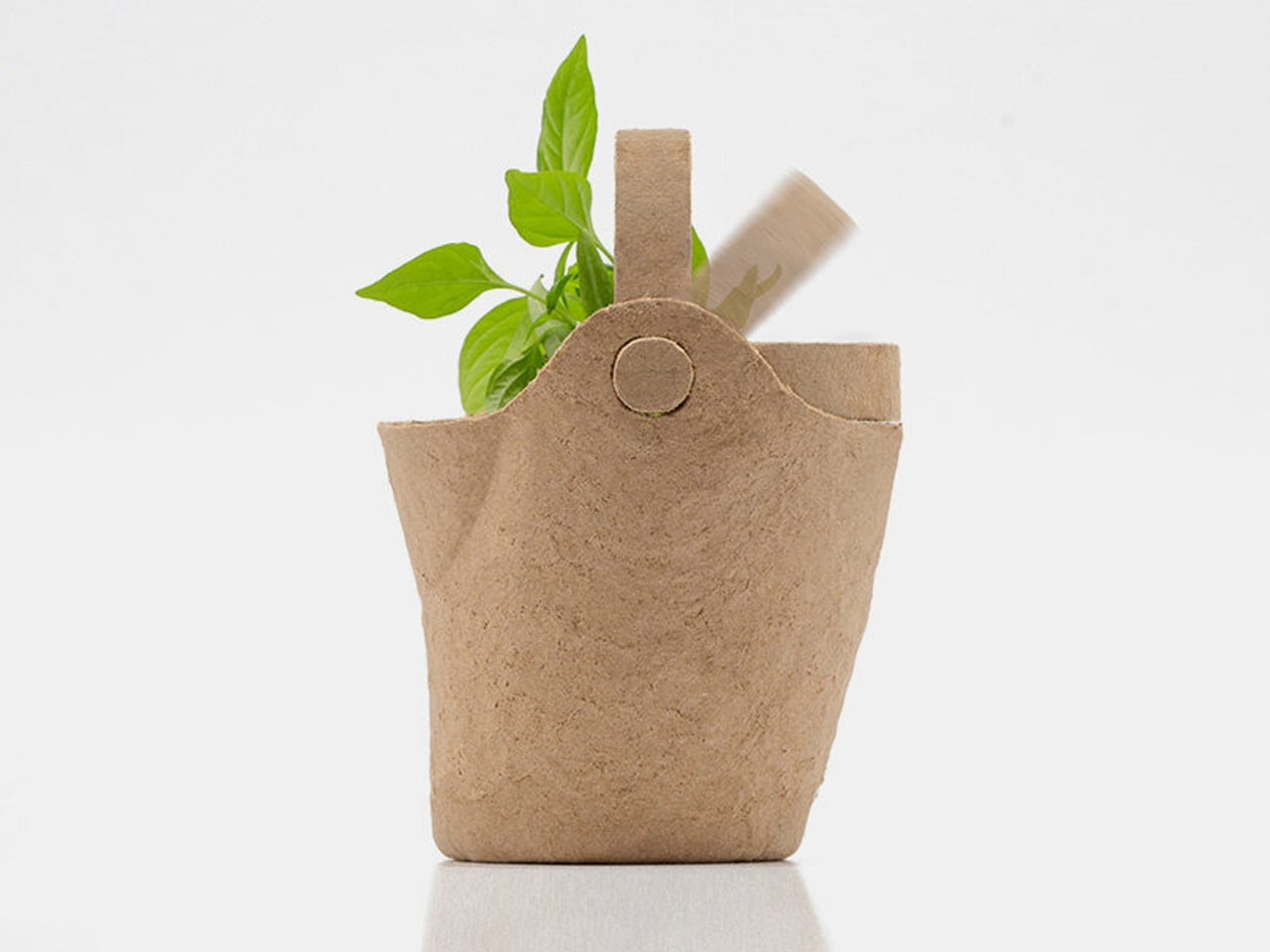
I tried baking, painting, and gardening to pass the time during the pandemic in my small city apartment. While the pandemic is long over, gardening continues to be a better part of my life. It helps soothe my mind and provides home-grown vegetables and herbs. One thing that I despise about procuring seedlings from local nurseries is the plastic grow bags they come in. If you are anything like me and do not like these seedling bags, industrial designer Jacob Boyd has come up with a biodegradable solution that brings people and urban farms closer.
Meet Bough Pot, a biodegradable seedling bag made from recycled pulp, bound by rice paste. Born out of a collaboration of Vancouver-based Jacob Boyd with Carleton University and a local community center, the plant vessel is a way to connect community center users and urban farms. The pot is produced in the centers using 3D-printed compression molds.
Designer: Jacob Boyd
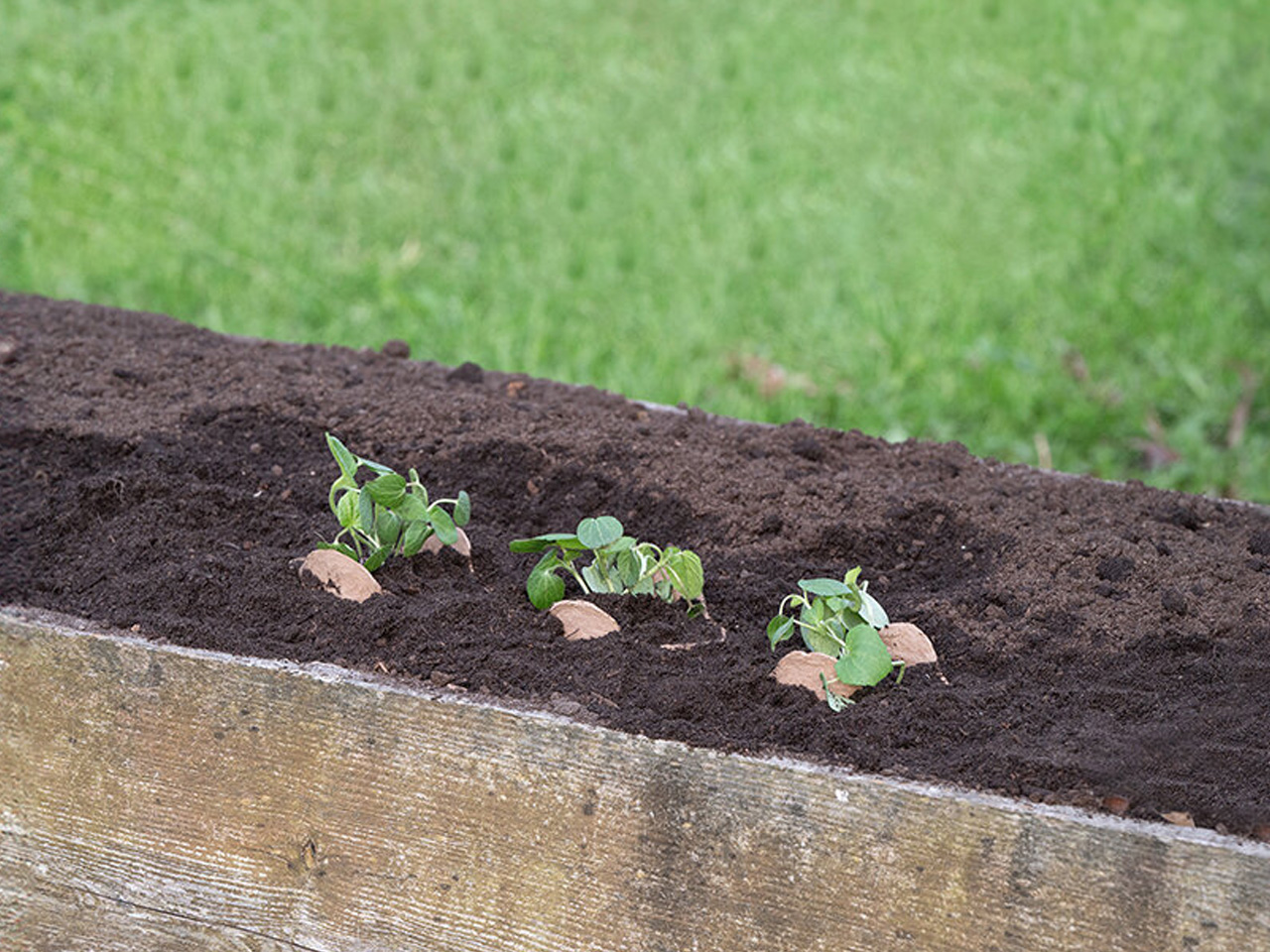

The Bough Pot is designed as a holistic system to link users with urban farms. In winter, community center visitors are gifted a pot with a vegetable seed sown inside. Users take care of the pot through the germination phase of the seed and in its early life stages. Once the soil temperature rises in spring, the pots are returned to be planted at local urban farms. The entire process helps foster farming practices in community center users’ homes and produce a higher yield of food in urban farms.
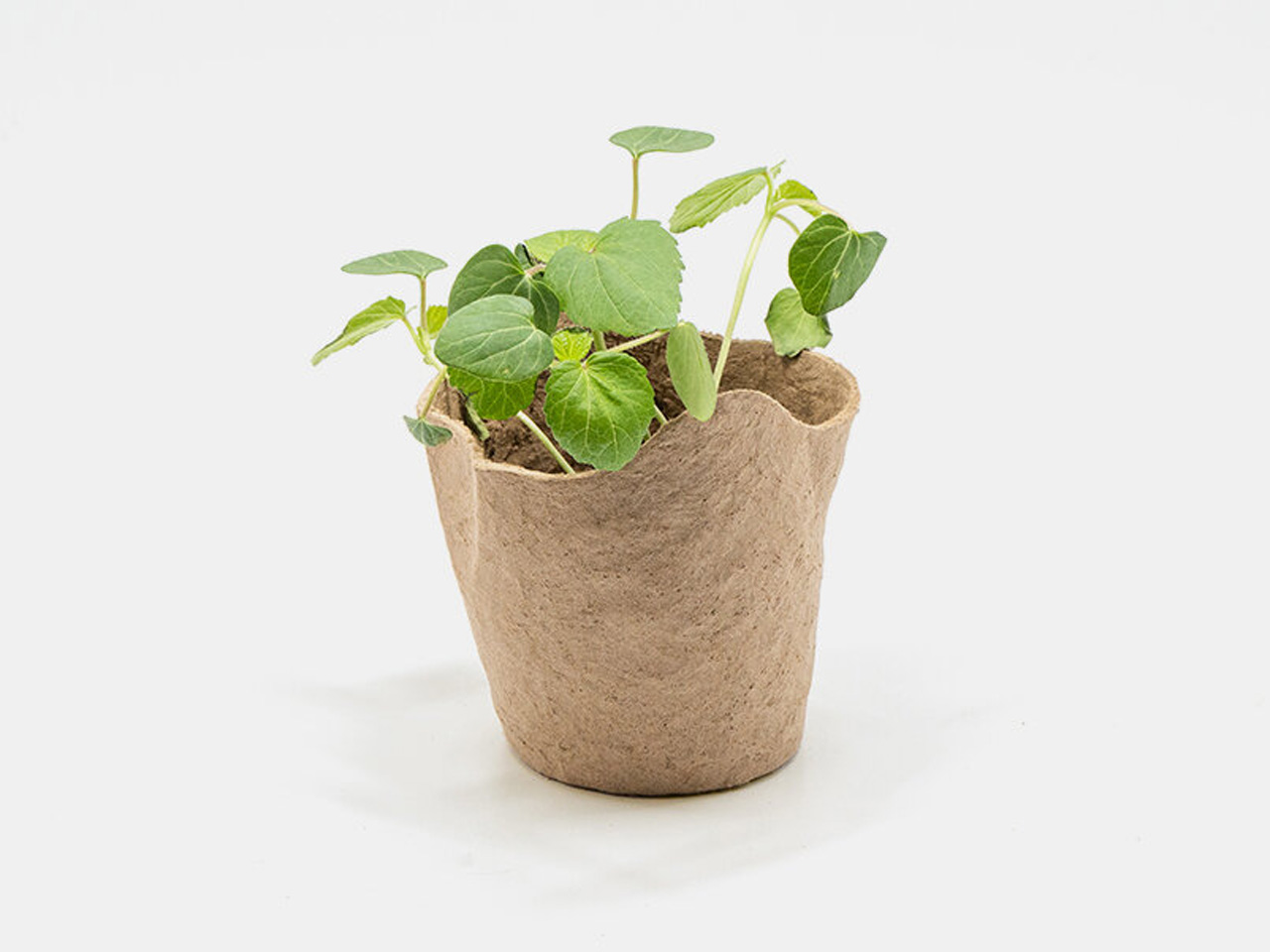
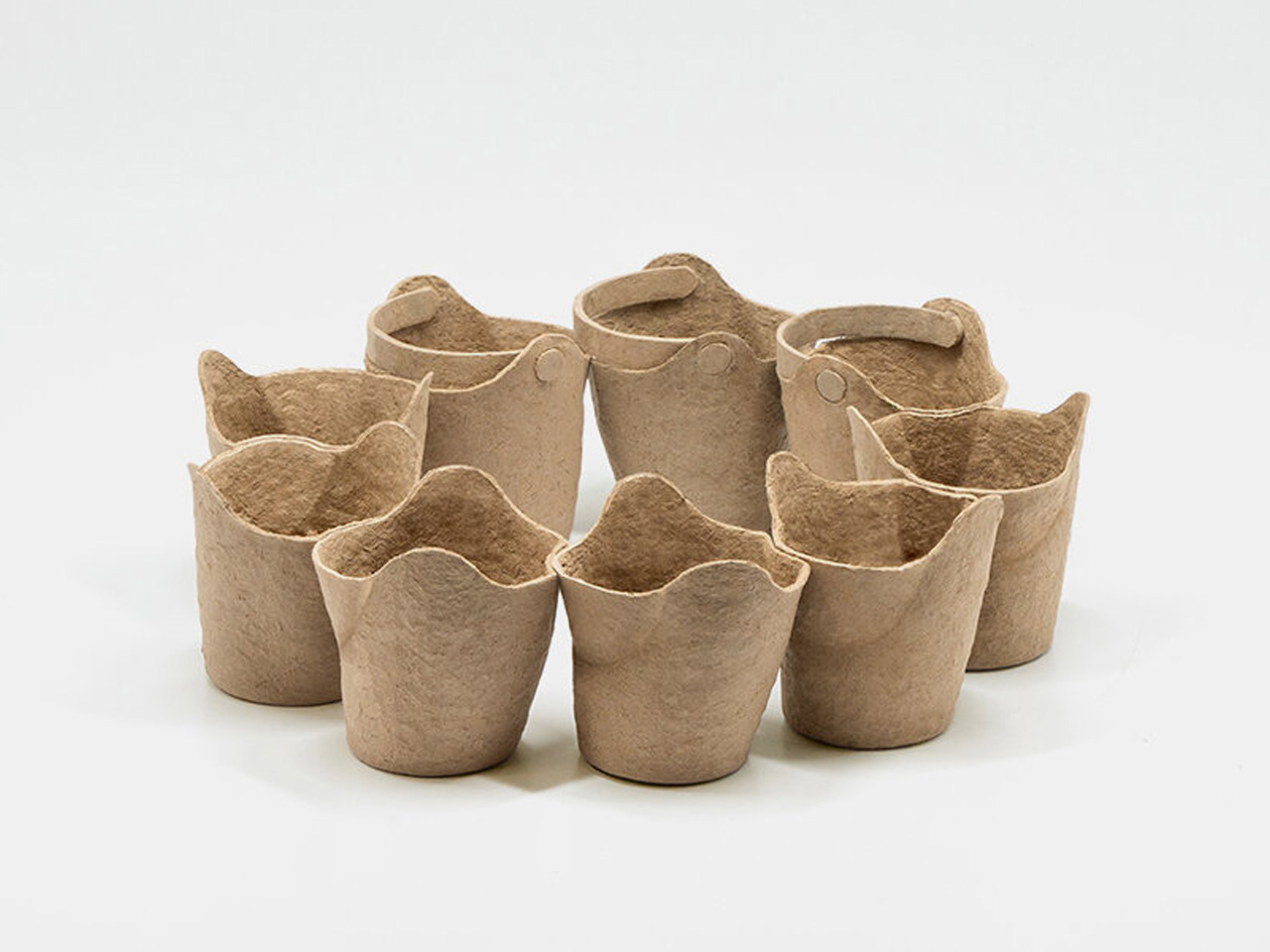
The Bough Pot is fully decomposable and can be directly planted in the soil with a seedling inside. This way, the roots of the plants don’t get disturbed and the breaking down of the pot will act as a food source for microbes. It offers a healthier alternative to germination or seedling trays and take better care of the plant.
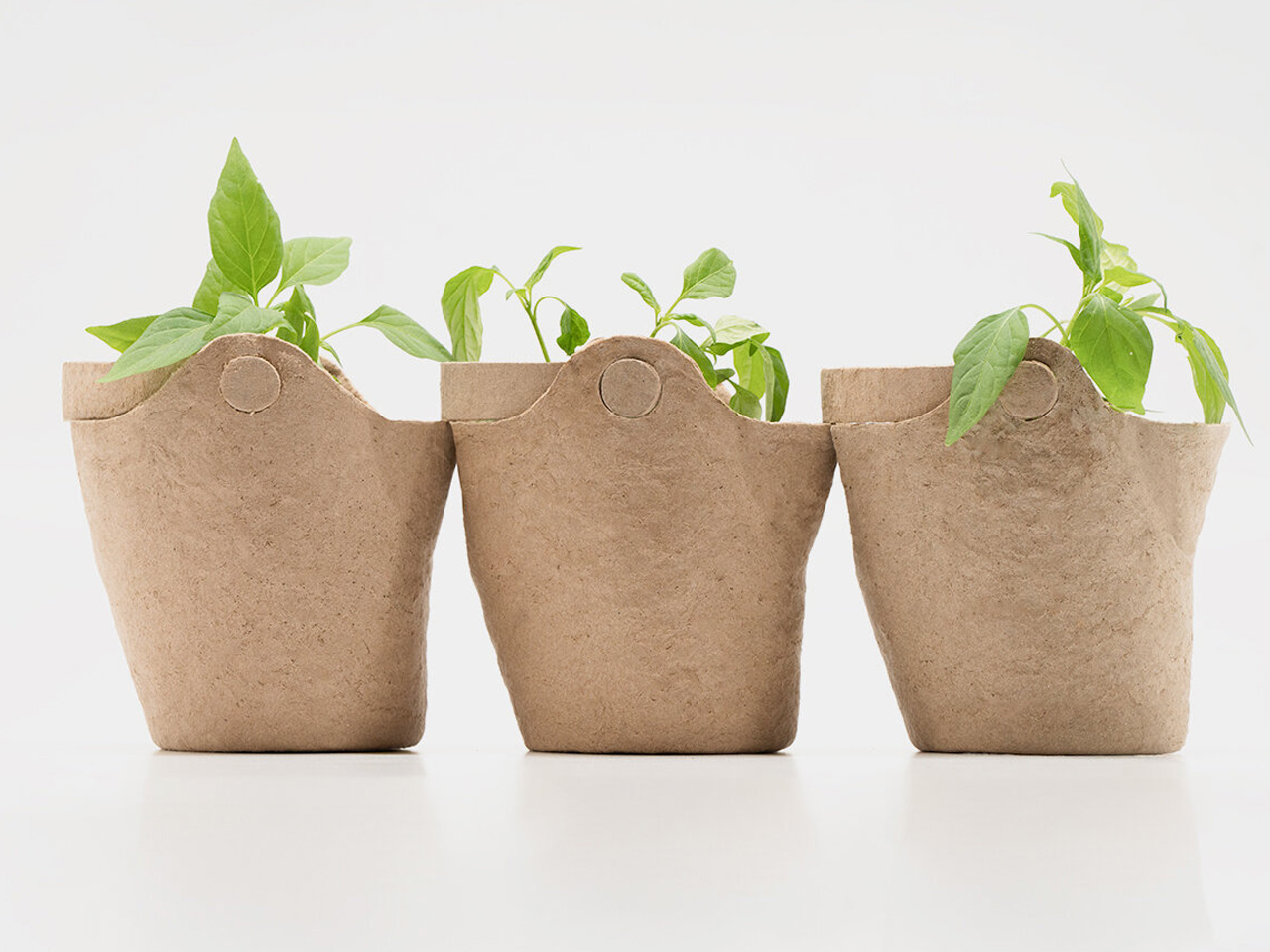
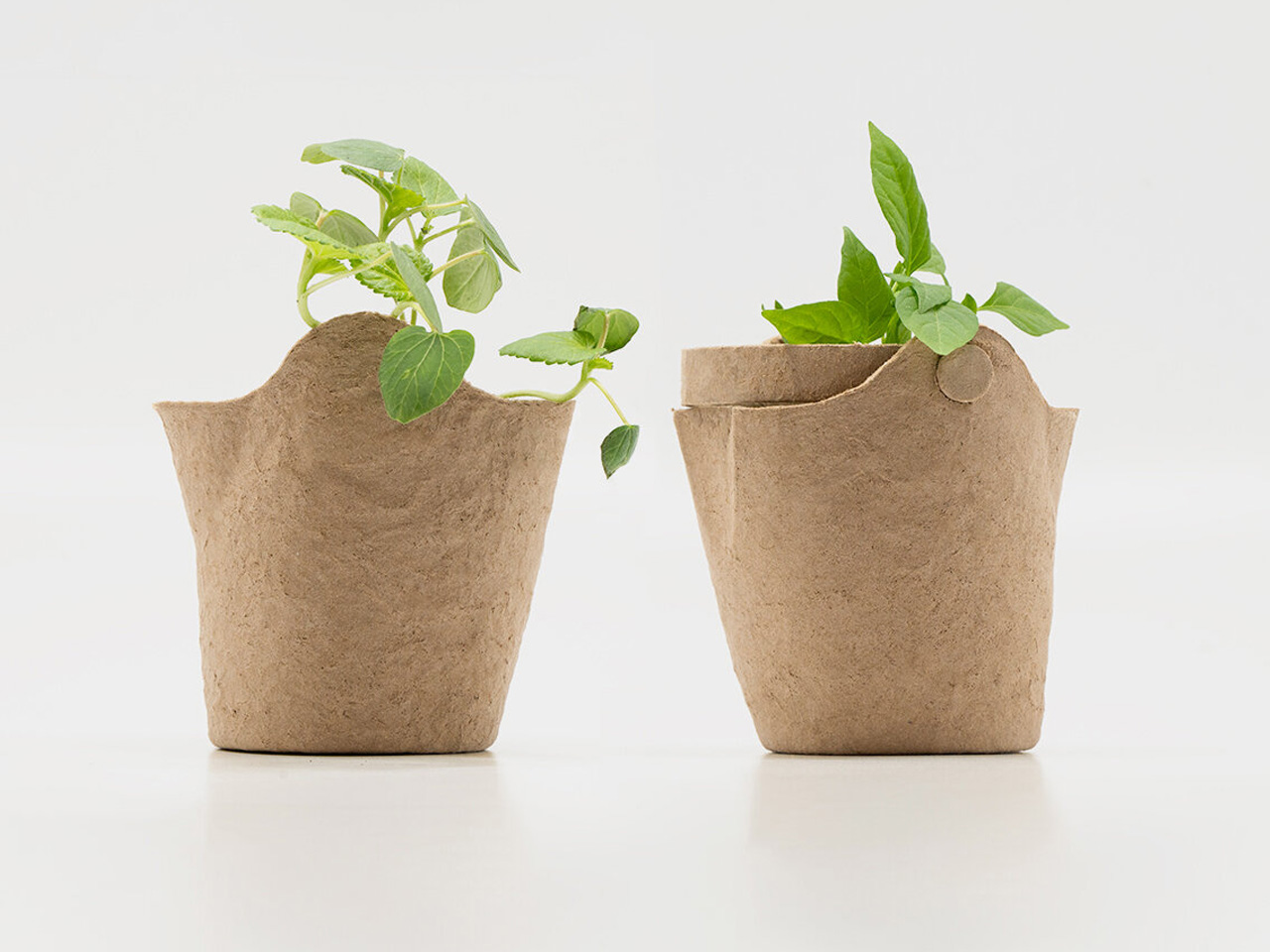
Boyd has designed the Bough Pots in different sizes with impressions on each vessel. These impressions help the pots ‘nestle’ when placed together, allowing users to make custom arrangements. The plant vessels are available in a handleless and a handled version. Handled variation makes transportation easier from farm to home, and vice versa. Boyd has made these open-source molds available for free to facilitate wider use.
